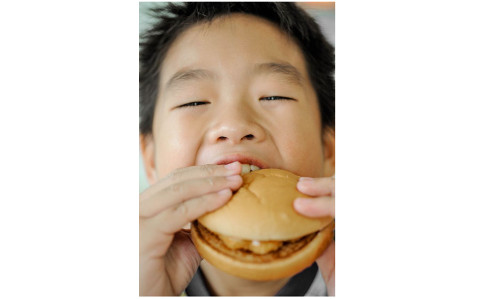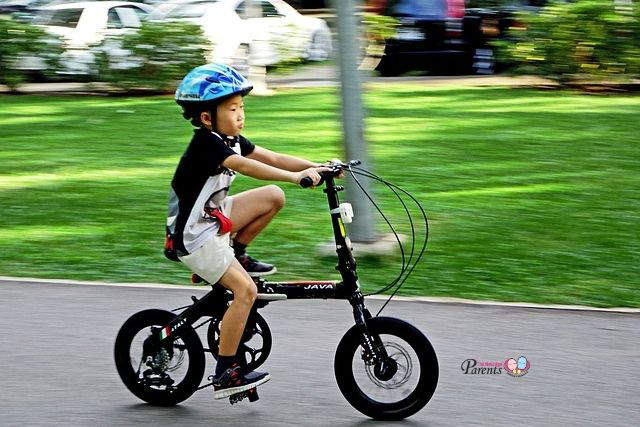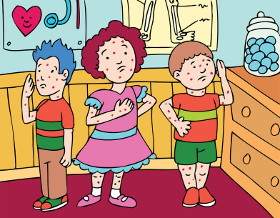A child’s size matters and may cause anxiety amongst parents, especially when a comparison is made with peers of similar age. The main issue in Singapore is many parents are not sure how to assess growth. This can lead to inappropriate restrictions on diet or overfeeding.
We asked an expert some important questions on a child’s growth, diet, weight and size.

How do I gauge if my child is of the right size?
When it comes to determining your child’s size, it is important to understand that height growth is determined by genetic potential and weight gain is highly correlated to lifestyle patterns. As such, the body mass index (BMI) is a good indicator to assess growth over a period of time.
To gauge if your child is of the right size, a starting point is to check the growth charts published by the Health Promotion Board. As long as a child stays within the growth curve, he/she is fine. But if the weight drops too much or is off the charts, it is advised to seek professional help.
⇒ Related Read: Best foods for kids to gain weight
My child loves to eat and has second servings for most of his meals. How can I portion my child’s food intake?
Some portion-control tips include serving food on smaller plates so that the meals look larger. It is important that the child has three scheduled healthful meals as skipping a meal can lead to overeating. Eating and chewing slowly allows one to feel fuller.
Kinderland in-house nutritionists plan the menu in a strict manner to ensure that children get the necessary nutrients daily. The portion provided for each child is the national recommended serving size.
Why do some children eat more than others?

It is important to know the reasons to ascertain if he/she is overeating, and some possible reasons include:
- Too much hunger
Erratic mealtimes can lead to build-up of hunger which leading to food-seeking behaviour and overeating.
- Exercise
Children who are kept active through sports burn calories but for recreational exercises lasting less than an hour, there is no need to provide extra food.
- Emotion management
When a child is soothed with food, he/she overtime learns to comfort him/herself with food as a comfort mechanism.
- Overly restricted food environment
Children whose food choices are tightly controlled tend to develop food-seeking behaviour and overeat when the adults are not around to monitor.
A tip is to give a small portion for the first serving and when a child asks for more, top up with extra portion but only once. Monitor the overall food intake to prevent overeating.
My child is quite active, and she eats a lot too, but she is still quite skinny and doesn’t seem to be putting on weight. Should I be concerned?
Check if your child’s weight is within the growth chart. If it falls below the normal range, you may bring your child to paediatrician or family GP and dietician for professional consultation on ways to improve weight gain.
My child is shorter than most of his peers. What can we do to help him grow taller? Do jumping exercises help?
A randomised controlled trial conducted over seven months to study the effects of high-intensity jumping on bone mass in children showed no difference in height growth between children with and without jumping exercises. Jumping exercises can help enhance peak bone mass (bone mineral content) which can prevent osteoporosis.

It is important to first find out the root cause. Given that height growth is influenced by various factors, it is not accurate to peg a child’s growth by comparing him/her with peers of the same age.
A healthy range is for a child to grow 4cm to 6cm a year. At Kinderland, teachers track height growth once every quarter and do close monitoring of a child’s eating habits.
This article is contributed by Ms Kua Jo-Ann, Nutritionist at Kinderland Singapore.
* * * * *
Like what you see here? Get parenting tips and stories straight to your inbox! Join our mailing list here.
Running a service or business targeted for parents? Reach out to a wider audience in our Best Preschool Singapore compilation. Leave your contact details here and we will get in touch with you.


























































